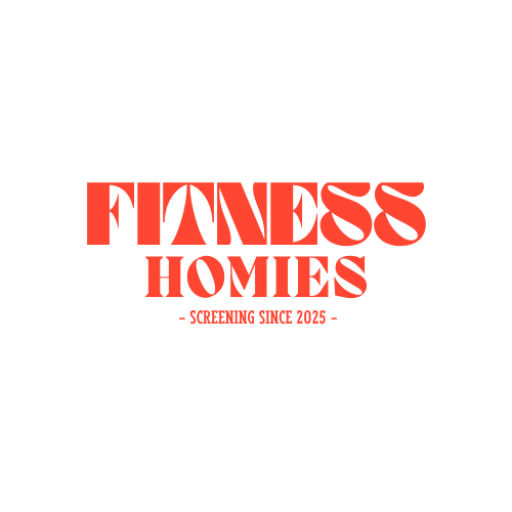
Singapore is increasingly recognizing the importance of inclusive health and wellness, and adaptive fitness training is at the forefront of this movement. Adaptive fitness is a specialized approach to exercise that modifies traditional methods to suit the unique needs and abilities of individuals with disabilities. It’s about creating opportunities for everyone in Singapore to experience the physical, mental, and social benefits of an active lifestyle.
Why Adaptive Fitness Matters: Breaking Down Barriers
For individuals with disabilities, traditional fitness environments and programs can present significant barriers. Adaptive fitness training breaks down these obstacles by:
- Personalization: Tailoring exercises and equipment to match individual abilities, limitations, and goals. This ensures safety and effectiveness for everyone.
- Accessibility: Utilizing accessible facilities and equipment designed to accommodate a wide range of needs, including wheelchair users and individuals with mobility challenges.
- Inclusion: Creating supportive and welcoming environments where individuals with disabilities can exercise alongside their peers, fostering a sense of belonging and community.
- Focus on Functionality: Emphasizing exercises that improve daily living activities, enhance independence, and boost overall quality of life.
- Addressing Specific Needs: Developing programs that cater to various disabilities, including physical, sensory, intellectual, and developmental conditions.
Highlighting Inclusive Fitness Programs and Resources in Singapore:
Singapore is making strides in providing inclusive fitness options. Here are some key programs and resources available:
- ActiveSG Inclusive Gyms: Sport Singapore’s ActiveSG initiative features inclusive gyms equipped with specialized machines with adaptable features like removable seats for wheelchair users and pneumatic resistance for smooth, joint-friendly movements. Trained ActiveSG Fitness Instructors can also create personalized training plans for individuals with disabilities, seniors, and beginners. Locations include Enabling Village, Ang Mo Kio Community Centre, and potentially others.
- SportCares: The philanthropic arm of Sport Singapore, SportCares champions inclusive sport and offers various programs for persons with disabilities. This includes initiatives like Adaptive Morning Exercises for seniors and collaborations with disability sports organizations.
- Singapore Disability Sports Council (SDSC): The national sports body for persons with disabilities in Singapore. SDSC provides platforms for learning sports, trains athletes for competitions, and promotes sports as a form of rehabilitation and empowerment. They also run initiatives like ParaSport360 to introduce and nurture individuals with disabilities in sports.
- Disability Sports Associations: Various organizations in Singapore cater to specific disabilities, offering opportunities for sports and physical activity. These include the Deaf Sports Association (Singapore), Para Athletics (Singapore), Goalball Singapore, and others.
- Private Adaptive Fitness Providers: Some private fitness trainers and studios in Singapore specialize in adaptive fitness training, offering personalized programs and expertise for individuals with diverse needs. Look for trainers with certifications in adaptive fitness or experience working with individuals with disabilities. Examples may include trainers certified through courses like the Adaptive Functional Training Course by Innervate Fitness or the Autism Fitness Pro Certification by FIT Asia.
- Community-Based Programs: Keep an eye out for community centers and social service agencies in Singapore that may offer inclusive fitness programs tailored to specific needs.
Benefits of Engaging in Adaptive Fitness:
Participating in adaptive fitness programs offers a wide range of benefits for individuals with disabilities in Singapore:
- Improved Physical Health: Enhanced cardiovascular health, muscle strength, flexibility, balance, and coordination.
- Increased Independence: Improved ability to perform daily tasks and greater self-reliance.
- Enhanced Mental Well-being: Reduced stress, anxiety, and depression; increased self-esteem and confidence.
- Social Inclusion: Opportunities to connect with others, build friendships, and participate in community activities.
- Reduced Risk of Secondary Conditions: Prevention of issues like obesity, muscle atrophy, and contractures.
- Increased Energy Levels: Improved stamina and reduced fatigue.
- Pain Management: Gentle exercise can help alleviate chronic pain in some conditions.
Finding the Right Fit:
Choosing the right adaptive fitness program in Singapore involves considering individual needs, interests, and accessibility requirements. It’s recommended to:
- Consult with Healthcare Professionals: Discuss fitness goals and any specific considerations with doctors or therapists.
- Visit Different Facilities: Explore the accessibility and suitability of various gyms and centers.
- Speak with Instructors: Inquire about their experience and qualifications in adaptive fitness training.
- Consider Peer Recommendations: Connect with other individuals with disabilities in Singapore to learn about their positive experiences.
A More Inclusive Future for Fitness in Singapore:
Adaptive fitness training is a vital step towards creating a more inclusive and equitable society in Singapore, where everyone has the opportunity to lead a healthy and active life. By highlighting available programs and resources, we can empower individuals with disabilities to embrace fitness, achieve their personal goals, and thrive within their communities.









